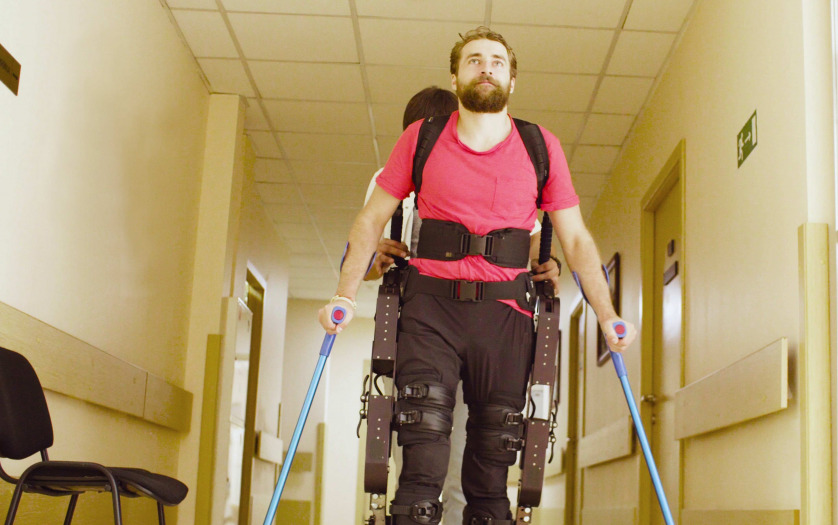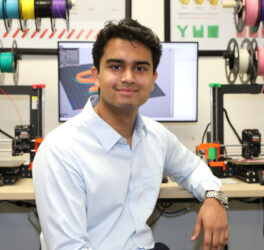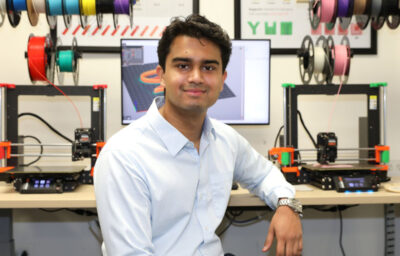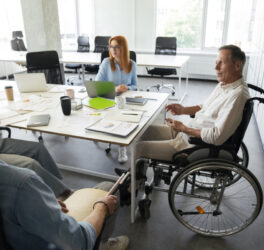
ReWalk Robotics announced the German Federal Social Court has scheduled a hearing to review the decision of whether an exoskeleton medical device should be classified as directly or indirectly compensating for the lost function of individuals with spinal cord injuries or paraplegia.
The hearing is scheduled for November 10, 2022.
The court’s decision will establish a new national policy for exoskeleton medical aids and will apply nationally to all Germans covered by Statutory Health Insurance (SHI). Establishing a legal classification for exoskeletons will provide guidance for both patients and insurance companies, setting a reliable legal basis for the application process for the provision of exoskeletons.
“The multitude of benefits that patients experience from regaining the ability to stand and walk again with the use of a ReWalk exoskeleton have made it clear that restoring walking function after spinal cord injury is a basic need,” says Larry Jasinski, CEO of ReWalk Robotics.
“The German healthcare system has led the way in its adoption of exoskeletons for spinal cord injured individuals. By establishing a clear classification for exoskeleton medical aids, the court will provide important, national guidance to payers and patients in the application process for care and create a pathway to providing access to this innovative technology for all eligible users in Germany through an established supply process. We look forward to the upcoming decision.”
For more information, visit rewalk.com.








